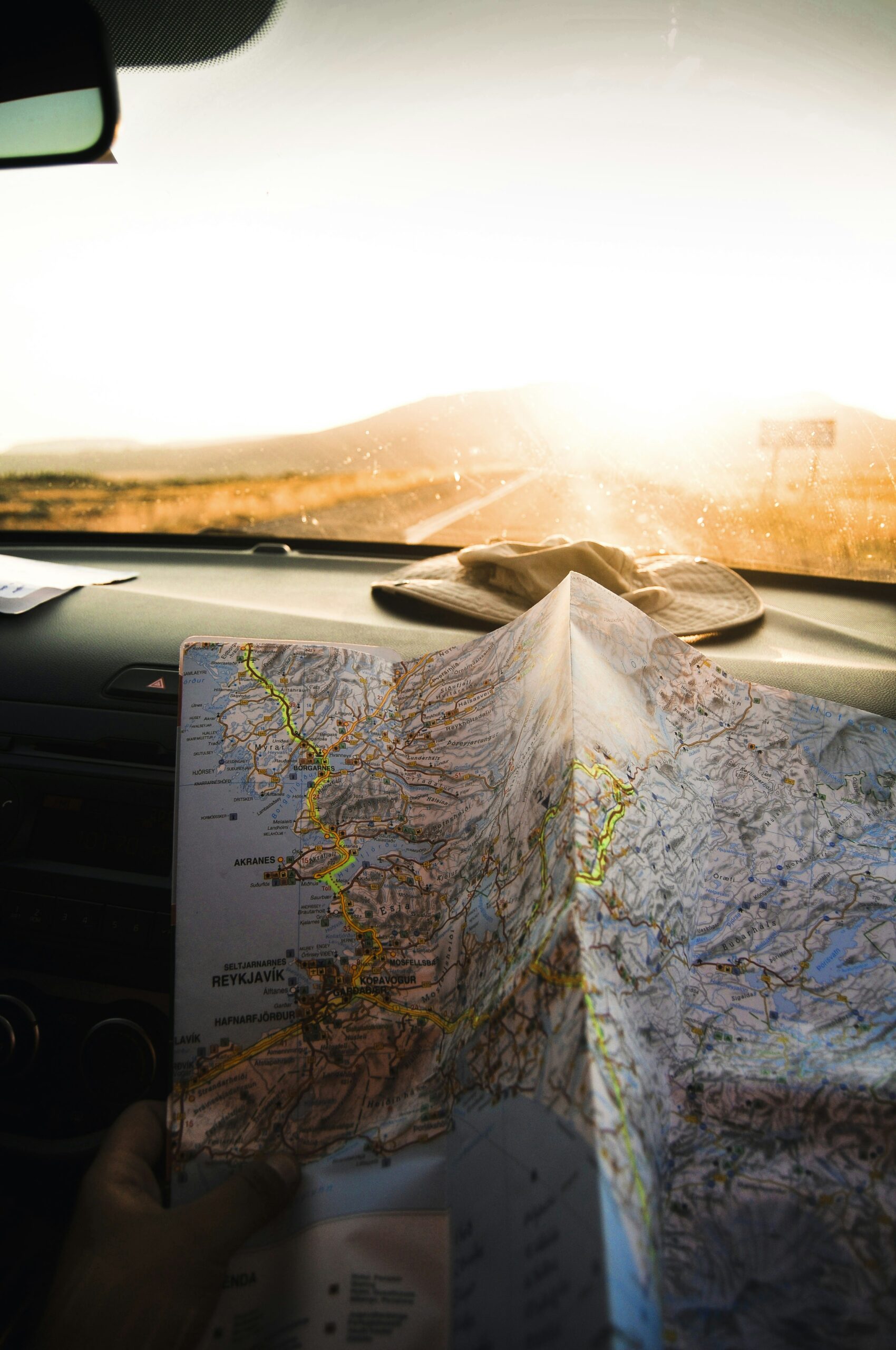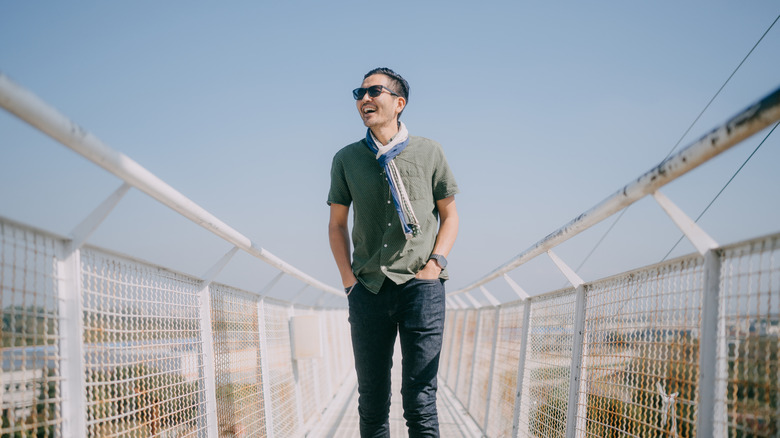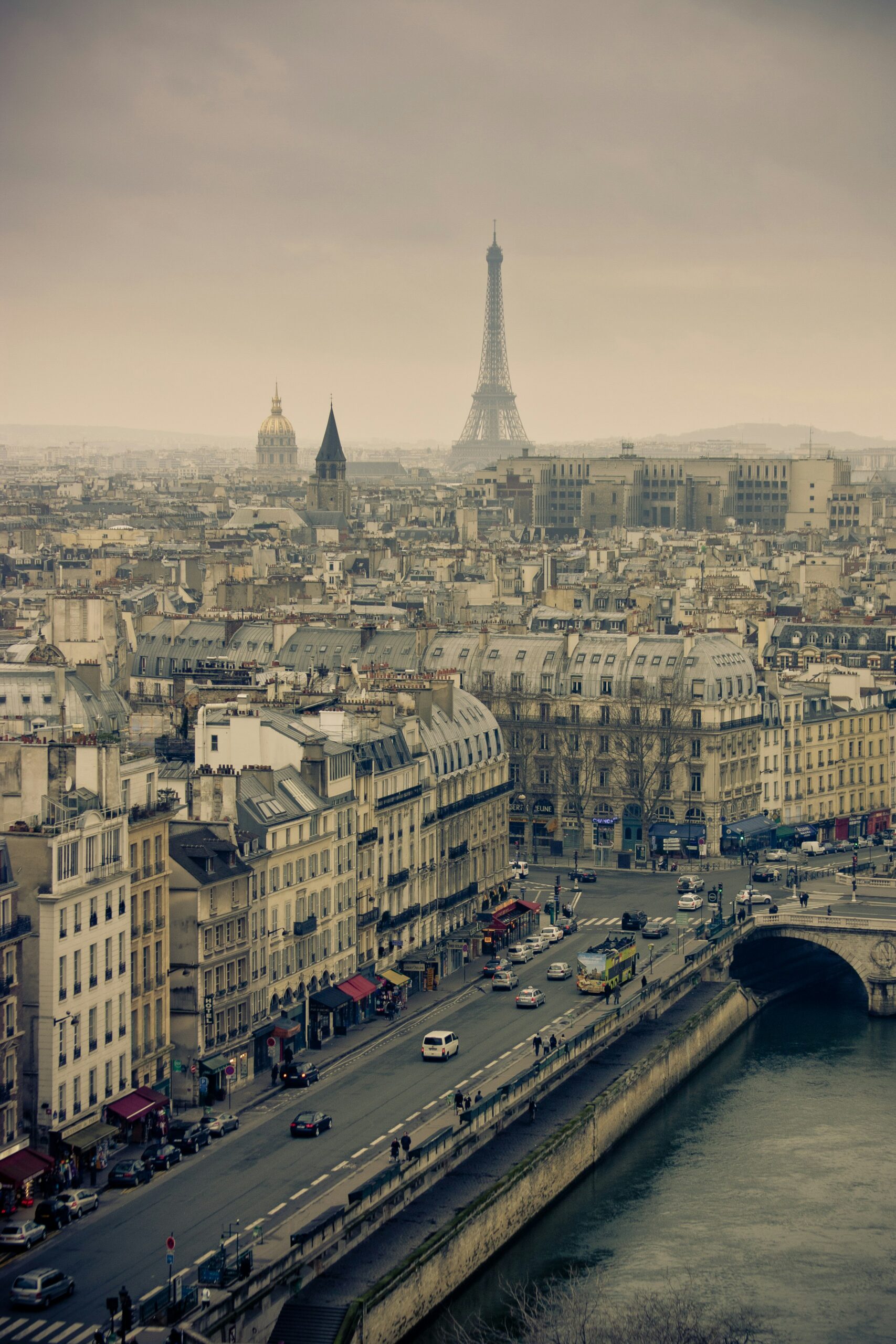6 Pack Luggage Tags for Cruise Ship Essentials for NCL, Princess, Carnival, Royal Caribbean and Celebrity Cruise Necessities by SEAVILIA
$5.99 (as of April 6, 2025 11:38 GMT +00:00 - More info)Are you always ravenous after a long flight? Do you find yourself devouring everything in sight as soon as you step off the plane? You’re not alone. Many travelers experience intense hunger after a long-haul flight, even if they ate the provided in-flight meals and snacks. But what’s behind this phenomenon?

Shop These Accessories for a Comfortable Trip
The Effects of Jet Lag on Your Stomach
Jet lag, the condition that throws your sleep schedule into disorder, can also turn you into a total glutton. As Dr. Michael Breus, the author of “The Power of When,” shared with Fox News, “Don’t forget, our stomachs are on a circadian rhythm, so wherever our body used to be is where our stomachs once were.” In other words, you might feel hungry because you’re used to eating at certain times back home.
How Jet Lag Affects Your Hunger Hormones
Jet lag and irregular sleep can also trigger hormonal changes in the body. Levels of ghrelin, known as the hunger hormone, tend to rise when you’re short on sleep, which can up your appetite in response. Meanwhile, leptin, a hormone that suppresses hunger, dips following sleep deprivation.
| Hormone | Effect on Hunger |
|---|---|
| Ghrelin | Increases hunger |
| Leptin | Suppresses hunger |
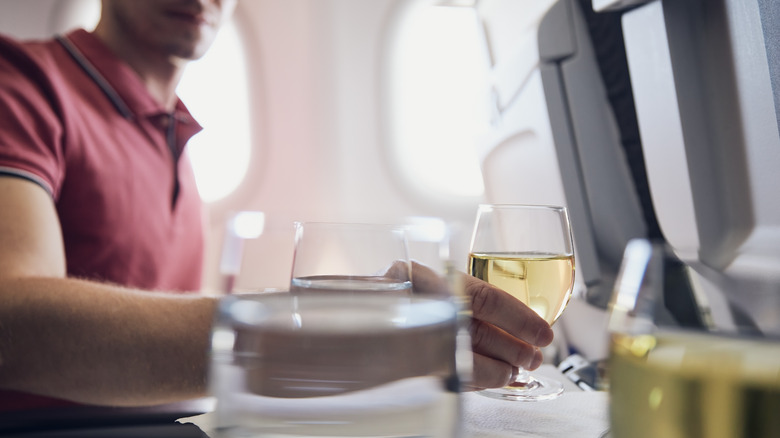
Shop These Accessories for a Comfortable Trip
The Role of Stress in Post-Flight Hunger
If you find traveling to a new place stressful, you may also feel like you’re starving thanks to cortisol kicking your appetite into overdrive. Cortisol, the stress hormone, can increase your appetite and make you crave comfort foods.
Managing Stress-Related Hunger
If you’re feeling stressed after a long flight, try to find ways to relax and manage your stress levels. Take a few deep breaths, listen to calming music, or practice some gentle stretches. This can help reduce your cortisol levels and decrease your hunger.
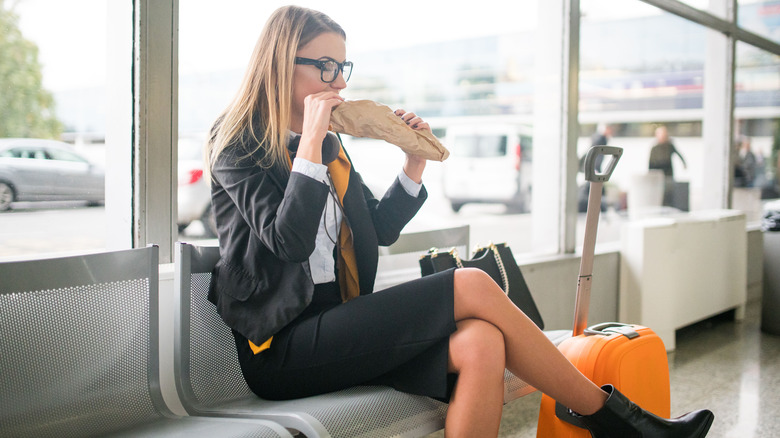
Dehydration: The Hidden Cause of Post-Flight Hunger
It’s no secret that dehydration is among the bizarre effects air travel has on the human body. Plane cabins tend to be much drier than what we’re used to on land because the air sourced at high altitudes lacks moisture. This can lead to dehydration if you don’t guzzle H2O throughout your flight.
The Consequences of Dehydration
Confusingly, hunger and thirst signals can look and feel the same, and many people have a hard time telling them apart. In a 2008 study published in Physiology & Behavior, research participants responded to thirst and hunger in unpredictable ways 62% of the time. One such response was eating food but not drinking fluids despite being thirsty.
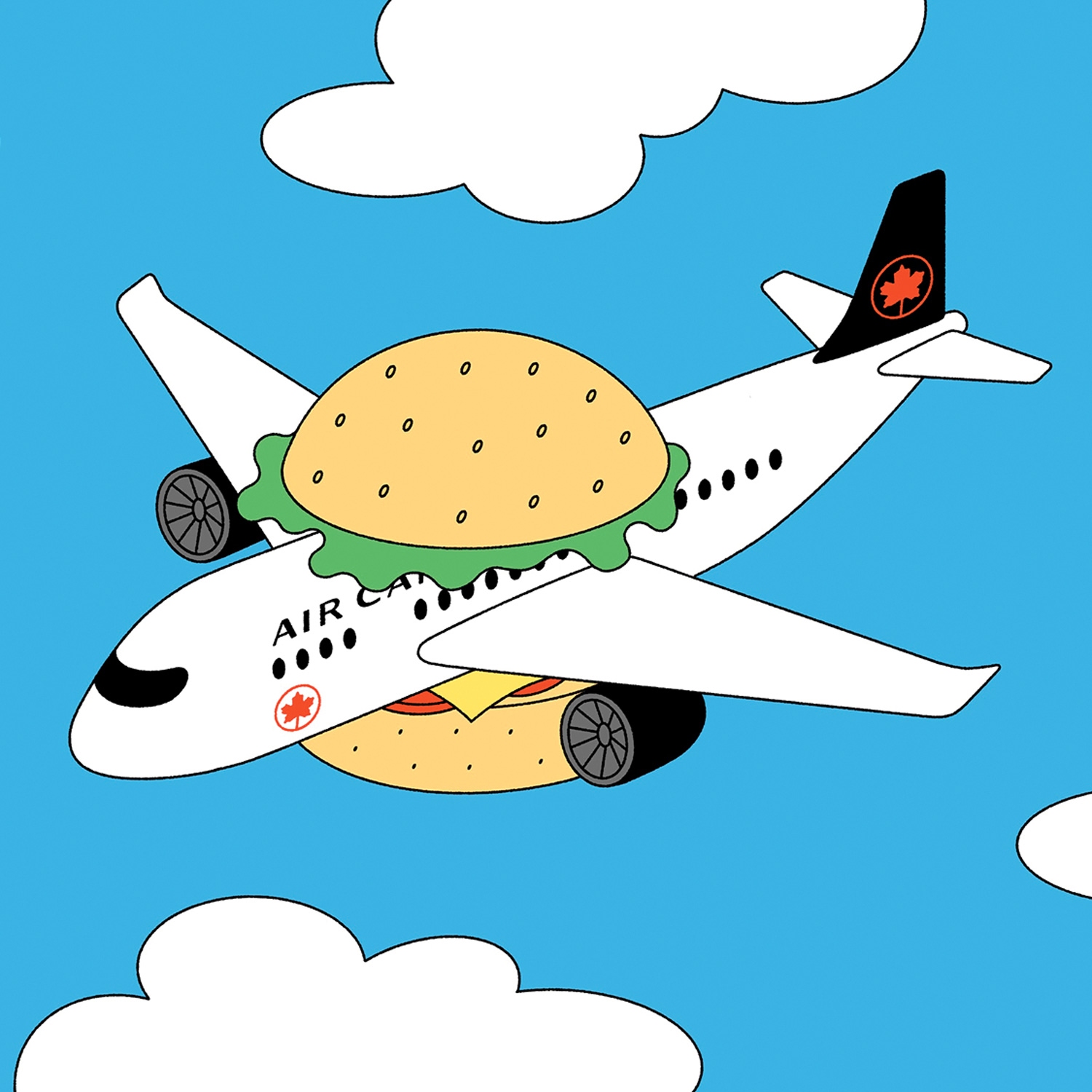
Should You Give in to Your Post-Flight Cravings?
Giving in to your post-flight cravings isn’t always a bad thing. If you’re hungry after arriving at the airport, a hearty meal can sometimes do you good — though it depends what time of day it is. If you book a red eye flight and arrive at your destination in the morning, try eating a big breakfast.
The Benefits of Eating After a Long Flight
Dr. Jamie Zeitzer, a sleep expert at Stanford University, told Everyday Health, “By eating a large breakfast early in the morning, you’re helping to reset your gut clock. These peripheral oscillators (the circadian rhythms in the cells found through the body) can often shift faster than the central one in the brain, and that helps shorten the period when you might experience jet lag.”

Foods to Eat (and Avoid) After a Long Flight
If you’re dehydrated, certain foods can also help replenish fluids in your body. These include fruits, vegetables, soups, and some dairy products, such as yogurt and cottage cheese. Just be sure to drink water, too, to maximize hydration.
Foods to Avoid
Beware that some foods and drinks should be avoided after touching down. One example: coffee. If you’re struggling to adapt to a new time zone, the caffeine in coffee could exacerbate the problem, given that it can affect levels of melatonin (the hormone that regulates your sleep cycle) in the body. Alcohol can also be a bad idea, especially if you’re already dehydrated, as it acts as a diuretic and depletes your body of fluids.
| Food/Drink | Effect on the Body |
|---|---|
| Coffee | Can affect melatonin levels and exacerbate jet lag |
| Alcohol | Acts as a diuretic and depletes the body of fluids |
Shop These Accessories for a Comfortable Trip



